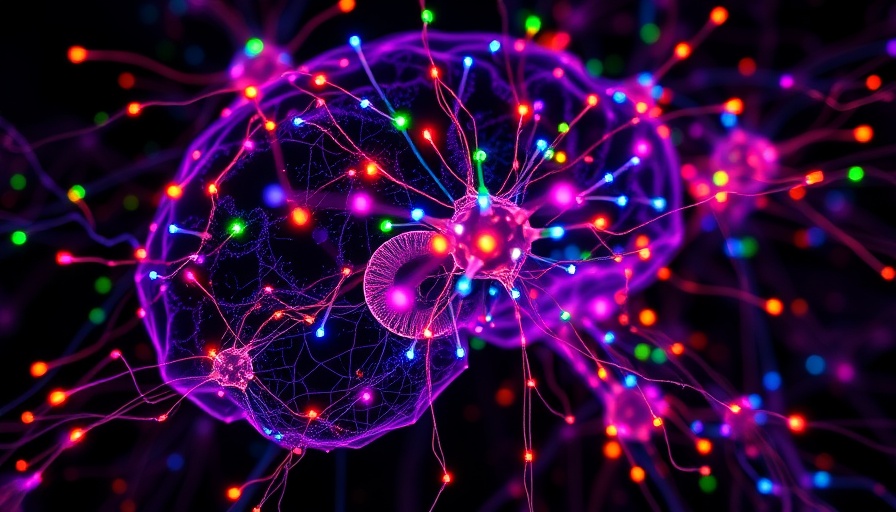
Understanding Neuronal Activity in Autism Research
Recent studies have revealed that inhibitory interneurons play a crucial role in enhancing our understanding of brain activity. A study that meticulously mapped a cubic millimeter of mouse cortex has shown how these cells coordinate with excitatory neurons, providing potential insights into neurodevelopmental disorders like autism.
The Role of Inhibitory Cells: A Symphonic Connection
The research indicates that inhibitory neurons are not merely passive players but act as the conductors of the brain's symphony. They selectively target excitatory neurons, forming connections that may facilitate improved cognitive and behavioral functions. For parents of autistic children, this discovery stands as a beacon of hope, suggesting that understanding and potentially modifying these connections could lead to breakthroughs in treatments or interventions.
Future Opportunities: Insights for Behavioral Science
As we probe deeper into how inhibitory cells work together, we unearth opportunities for advancements in behavioral science research. Researchers have pointed out that focusing on how these neurons collaborate could lead to innovative approaches in cognitive therapy. Imagine therapies designed to enhance specific neural pathways, effectively fine-tuning brain function and improving social and cognitive skills in children with Autism Spectrum Disorder (ASD).
Implications on Early Intervention Strategies
The findings underscore a new understanding of the brain's structure and function, inviting researchers to consider how early intervention strategies could be made more effective. By targeting the intricate networks formed by inhibitory and excitatory neurons, therapies can be designed to foster neural synchronization and improve developmental outcomes for children with autism. This tailored approach holds promise for enhancing the lives of countless families.
Explore the Full Study and Resources
The collective research culminated in an expansive resource called the MICrONS Explorer, offering families and researchers interactive access to the wealth of data gathered. By exploring this resource, parents can become informed advocates for their children's developmental needs, equipped with the latest insights from neuroscience.
If you're a parent seeking to better understand autism and stay informed on advancements in research, visit here to learn more.
 Add Row
Add Row  Add
Add 




Write A Comment